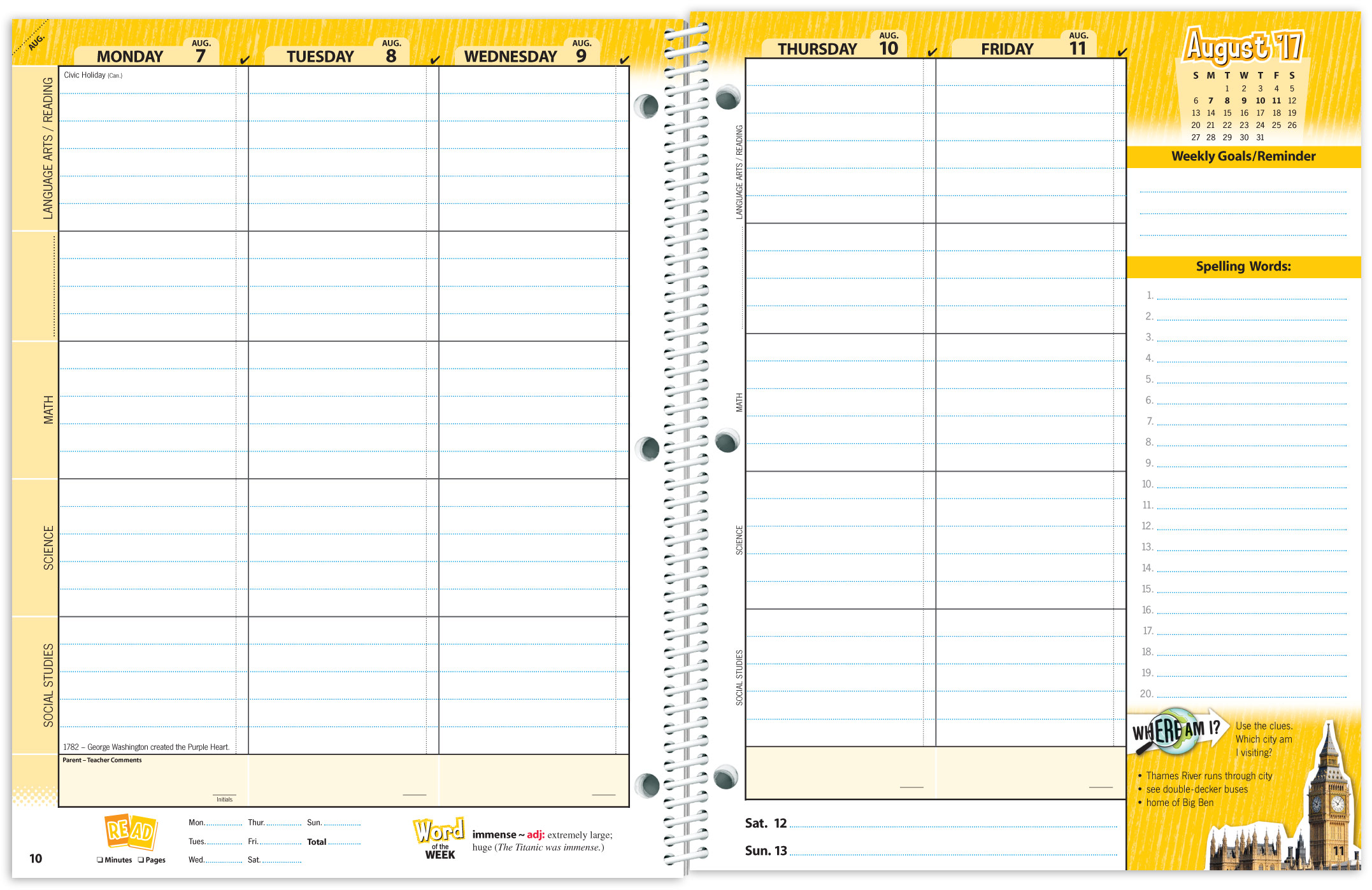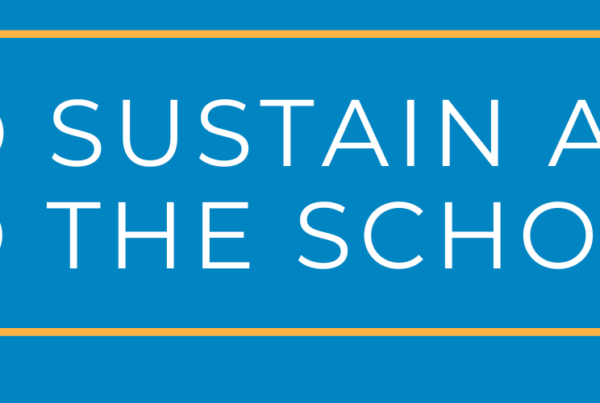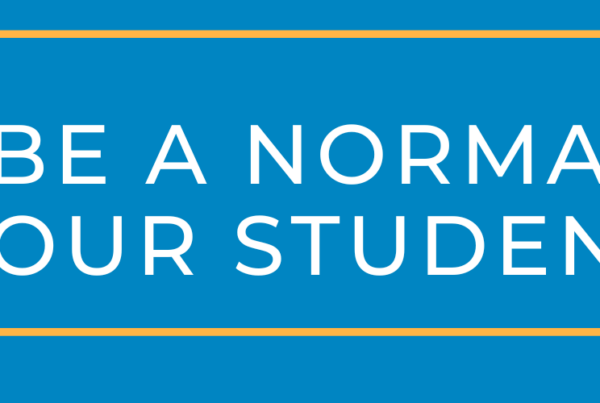 by Scott Lutostanski – Director of Academic Consulting
by Scott Lutostanski – Director of Academic Consulting
Requiring students to use their planners is the most common way that teachers help students plan. In grade school, a teacher might prompt a class at the end of the day to write in their planners and then give a sticker to any student who can successfully complete this task. In middle school, students will often still get their planners checked and have the teacher initial to show that they filled out their planners. For some reason schools and, oftentimes, parents think that if a student can fill out their planner, then they are able to plan and manage their time. This is incorrect.
Let’s call a planner what it is. It is a recorder. Students write down the assignments, or lack thereof, that they are assigned on a given day. A planner shows that a student is capable of knowing what work needs to be completed and that he can write it down. Imagine a grocery list. If a dad tells his 9 year old daughter to write down snacks on the grocery list as they run out, and the daughter is able to do this, does this mean that the daughter is a good grocery shopper? The answer is no. There is a lot more that goes into grocery shopping: picking a store or two, finding the time, having the money, comparing brands and prices, making decisions, and so on. The mere ability to write down an assignment, much like the ability to write a grocery list, does not show that a student has the ability to plan out their work or manage their time efficiently.
That’s not to say that being able to record isn’t important. It is very important, but it is only the first step of planning. To effectively manage and manipulate time and work, students must be able to understand not just what they have for homework but how challenging the work will be, what resources they will need, how long it will take them, what other obligations they have on a particular night, when they can do their work, and how to handle possible work and time setbacks. Students must be challenged and probed in these areas and be able to answer the questions. To be an effective planner, we are able to write this information down and visualize it in our minds. When we can do these two tasks, we are able to plan effectively. It means that not only our behaviors have changed but the cognitions we have about planning have changed as well.
Teachers and parents can support their students in this area by taking planning past just the planner and challenging the student to provide answers to in-depth, information-seeking questions about their planning and time management.





